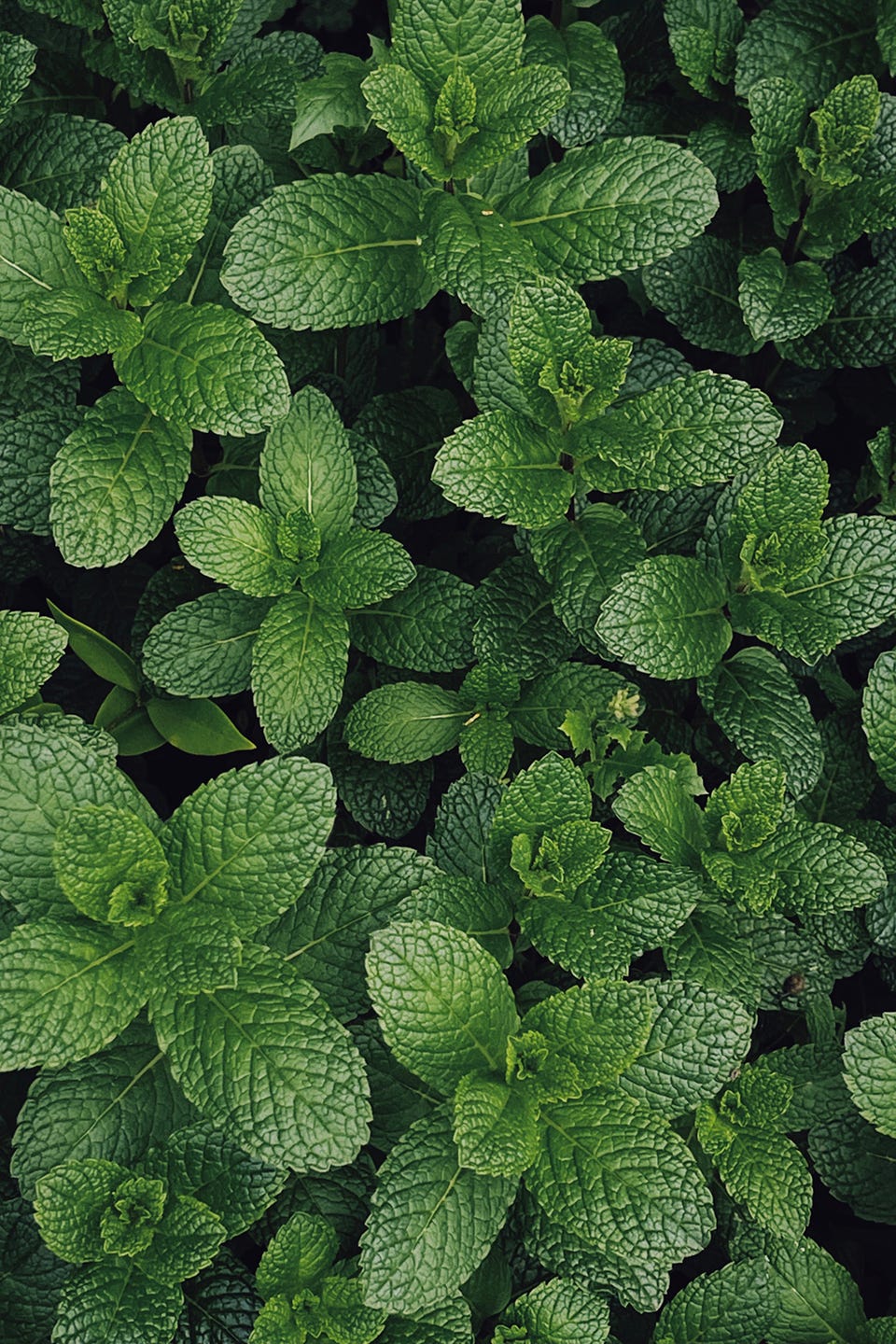Age and Prosper is a reader supported publication created for anyone looking for healthy longevity. If you enjoy it, please consider supporting it financially for $5 a month (and/or sharing it). Becoming a paying subscriber supports us in producing this newsletter and bringing you wisdom to help you live a longer and healthier life.
The first written record of medicinal plants was recorded over 5,000 years ago. Carved on clay tablets by the Sumerians in ancient Mesopotamia, this record described a dozen herbal recipes calling for the use of over 250 plants. The ancient Egyptians leveled up with the production of the Ebers Papyrus, a collection of over 850 herbal medicines using many familiar household herbs like cumin, coriander, garlic, and frankincense.
They knew it then and we know it now: herbs are antioxidant-rich and can help reduce inflammation and toxins, balance hormone levels, and even contribute to cognitive and neurological health. Yet in our modern, western world, it’s easy to discount these ancient traditions, even as we spend our hard-earned dollars on expensive, encapsulated herbal supplements. But growing herbs at home is not just easy and cheap, but is also one of the best investments you can make in your health (and your spice rack).
You don’t cook, you say? No sweat. Fresh herbs can simply be made into teas, mixed into smoothies, and tossed in salads.
Listed below are 5 powerhouse herbs that you can easily find and grow at home.
Rosemary
Rosemary is an incredibly versatile herb that offers a variety of health benefits. Rich in antioxidants, it can help protect the body from oxidative stress, which can lead to diseases like cancer and heart disease. Rosemary is also a natural anti-inflammatory, which can reduce pain and swelling in your joints.
Research shows that rosemary can also help improve digestion and protect against food-borne illnesses. It has also been linked to improved memory, concentration, and mood. Rosemary contains essential oils that provide a number of therapeutic benefits, including improved circulation, respiratory health, and cognitive function.
The easiest way to consume rosemary is simply making a rosemary tea: boil water, drop in several sprigs, and let it seep for 5 minutes. Tom does this nightly.
Basil
Basil is one of the most popular herbs in the world, and it has a number of health benefits. It is an antioxidant-rich herb that can help protect the body from free radicals, which can cause damage to cells leading to cancer, heart disease and other illnesses.
Basil is also known to possess anti-inflammatory properties, which can help reduce inflammation, swelling and pain in the body. Basil can also help improve digestion, boost the immune system, reduce stress and anxiety, and improve circulation. Additionally, basil can help protect against bacteria and viruses, and has even been known to help reduce blood sugar levels.
Sweet basil is the most widely grown and popular type of basil, known for its use in Italian dishes. It can be bought dried in supermarkets, and has a licorice-clove flavor.
Bush or Greek basil is similar, yet it has a strong aroma and milder flavor, making it a suitable substitute for sweet basil. It grows in a compact bush with small leaves, so it is ideal for a pot.
Thai basil has a distinctive anise-licorice flavor, and is popular in Thai and Southeast Asian dishes.
Cinnamon basil is native to Mexico, and has a cinnamon-like flavor and scent. It is often served with legumes or spicy, stir-fried vegetables.
Lettuce basil has large, wrinkled, soft leaves with a licorice-like flavor. This type of basil is great for salads or tossed with tomatoes and olive oil.
Mint
Mint is a great way to improve your health and wellbeing. It is a rich source of antioxidants and phytonutrients, which help to combat inflammation and reduce oxidative stress. Mint is also known to help improve digestion, reduce nausea, and relieve indigestion.
It can also be beneficial for respiratory issues like asthma and congestion. Mint can also have a calming effect, helping to reduce anxiety and stress. Mint can help to reduce headaches and improve your overall energy levels.
Parsley
Parsley is a popular herb that offers a wide range of health benefits. Parsley is rich in vitamins A, C and K, and minerals like potassium, calcium and iron. It contains compounds such as myristicin and apiol, which have been linked to benefits such as improved digestion, cancer prevention, and improved heart health. Parsley is also a great source of dietary fiber, which can help improve digestive health and regulate blood sugar levels. Furthermore, parsley can also act as a natural diuretic, helping to flush out toxins in the body.
A new doctor and health expert we recently discovered is Dr. Mindy Pelz, author of Fast Like a Girl. Check out this recent video explaining why she always has parsley in her fridge.
Cilantro
Cilantro is a delicious herb with a wide range of health benefits. It is rich in vitamins A, K, and C, as well as essential minerals like potassium, manganese, and magnesium. Studies have shown that cilantro may have anti-inflammatory and antioxidant properties. Additionally, it can help promote digestive health, lower cholesterol, and reduce blood sugar levels. Cilantro is a delicious addition to salads, soups, and other dishes, and it can be enjoyed both fresh and dried.
Go get your grow on, folks. Thanks for joining us at Age and Prosper. See you next week!









